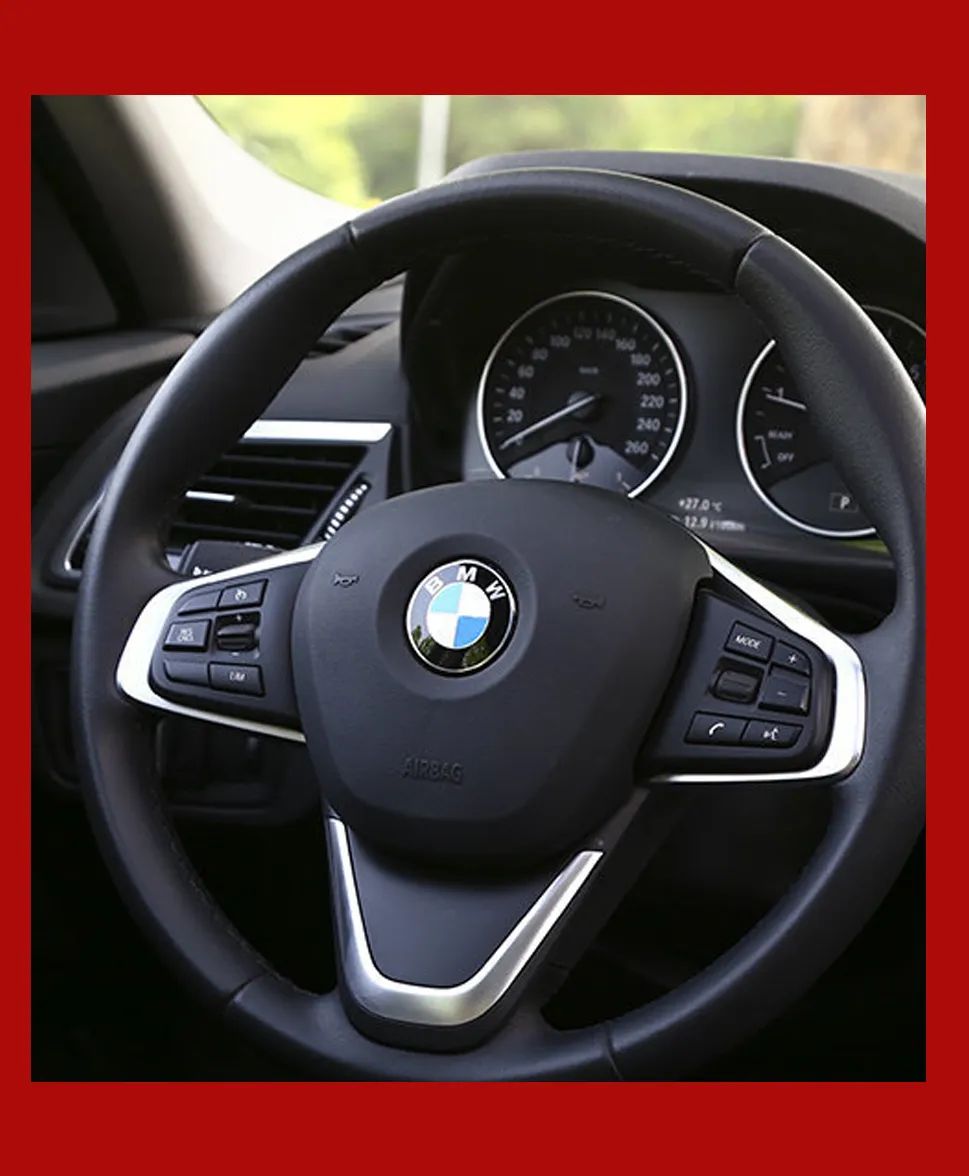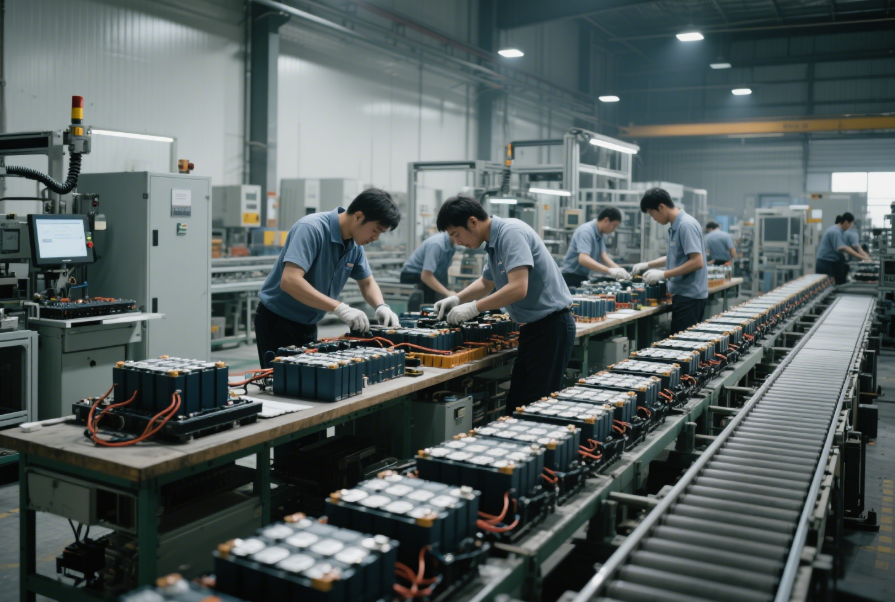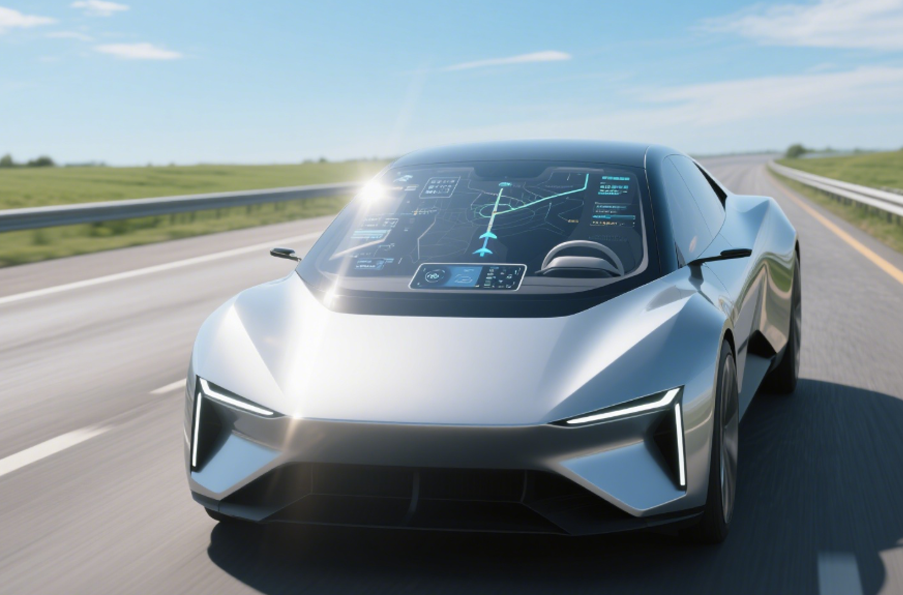Can BMW's Partnership with Momenta Mirror CATL's Ascent to Success?
![]() 07/23 2025
07/23 2025
![]() 454
454

By Li Yue
Produced by Five Star Car Reviews
BMW has recently announced a partnership with Chinese autonomous driving technology provider Momenta to develop a new generation of advanced driver assistance systems (ADAS) tailored for the Chinese market. Media outlets have seized upon this news, hyping up the narrative of "German autonomous driving" and BMW's rigorous selection process. It seems that Momenta could follow in the footsteps of CATL, leveraging BMW's support to become an industry giant.
However, insiders understand that these two scenarios are fundamentally different. A decade ago, BMW played a pivotal role in propelling CATL from a nascent startup to the global leader in batteries. Today, however, BMW faces challenges in helping Momenta establish a firm foothold in the autonomous driving industry. It's not that BMW has lost its influence; rather, the landscape has shifted, and Chinese companies now dictate the rules of the game.
01 CATL's Fortune: Riding the Wave of "Foreign Investment Standards"
In 2012, China's electric vehicle industry was still in its infancy, with little say in power battery standards. At the time, core technical standards for global electric vehicles were largely controlled by foreign automakers like BMW and Tesla, akin to students adhering to their teachers' reference answers.

CATL, just a year old and transitioning from consumer batteries to automotive batteries, found itself navigating uncharted waters. Technical standards were vague, and interactions with automakers were uncharted territory. The hundreds of battery orders BMW awarded CATL were not just business deals; they were an entry ticket.
BMW provided CATL with more than just orders. They shared over 800 pages of German production standards, covering aspects from battery cell thickness tolerance not exceeding 0.1 millimeters to battery pack discharge efficiency at minus 30 degrees Celsius. BMW engineers even resided at CATL, overseeing everything from workshop hygiene to equipment debugging. On one occasion, when CATL's battery consistency fell short, BMW engineers dismantled an entire batch of batteries and tested each one in front of the workers, foregoing lunch.
After two years of such rigorous "forcing," CATL transformed its production line to meet "German standards" – the workshop's dust concentration was lower than that of a hospital operating room, and battery cell yield increased from 60% to 95%. More importantly, CATL grasped automakers' needs: not just batteries, but a comprehensive solution aligning with vehicle safety, range, and cost.
Leveraging its reputation as "a supplier to BMW," CATL later secured orders from SAIC and Geely and entered the supply chains of Volkswagen and Daimler. If a foreign automaker approves a supplier, their technology must be top-notch. It's like a martial artist endorsed by the martial arts alliance leader, exuding an aura of authenticity.
02 Momenta's Dilemma: Playing Catch-Up with Huawei and Horizon Robotics
The autonomous driving industry today is no longer dominated by foreign automakers setting the rules.
Huawei's Intelligent Automotive Solutions BU (IAS BU) now boasts impressive achievements. Last year, its autonomous driving business alone generated over ten billion yuan. The AITO M9, co-developed with Thalys, utilizes "mapless intelligent driving" to navigate around roadside tricycles in Chongqing's old streets. This localization capability even impresses BMW engineers.
Their "Urban Pilot Assistance" system recognizes unique Chinese phenomena like "ghost probe" electric bikes and understands tricycles set up for stalls at residential entrances. This is based on tens of millions of kilometers of data trained on Chinese roads – akin to an experienced traditional Chinese medicine practitioner who, having seen numerous cases, is naturally more reliable than a novice.
Horizon Robotics is another formidable player, boasting full-stack technological capabilities integrating hardware and software. They develop their own chips and algorithms, offering automakers turnkey solutions. When domestic automakers choose autonomous driving suppliers, they inquire about adapting to Chinese traffic lights and handling electric bikes cutting in. These standards are set by Chinese companies like Huawei and Horizon Robotics.
Momenta finds itself in an awkward position. Its algorithms are impressive, but it lacks Huawei's full-chain capabilities from chips to software and Horizon Robotics' deep ties with automakers.
Frankly, BMW's partnership with Momenta aims to leverage its localized data to compensate for its own shortcomings, not to teach it autonomous driving. BMW's current autonomous driving system hardly ranks among the top in the Chinese market; hence, it lacks the qualifications to be a "teacher."
More crucially, when CATL was making batteries a decade ago, automakers simply needed "usable batteries." Now, automakers demand "autonomous driving that can win battles." Tesla is developing its own FSD, BYD has its Heavenly Eye, and even Great Wall and Geely have their own autonomous driving teams. Everyone recognizes this as the future core competitiveness and cannot rely on autonomous driving companies the way they once relied on battery suppliers. Momenta can secure orders from BMW, but BMW won't share its core technical standards.
03 Times Have Changed: Foreign Investment Shifts from "Standard Setter" to "Standard Follower"
A decade ago, BMW's ability to help CATL succeed stemmed from its "standard-setting power." It was like a teacher highlighting key points for students to learn. By adhering to BMW's standards, CATL took a shortcut to success.

In the current autonomous driving landscape, Chinese companies have long since taken center stage. Huawei's IAS BU engineers can revise algorithms every three days, and Horizon Robotics continuously launches new chip generations. This "Chinese speed" is something BMW's layer-upon-layer approval system simply cannot match. Last year, BMW's autonomous driving system promoted in China struggled to properly handle "automatically avoiding construction zones" and had to seek Chinese teams for optimization. At this point, its partnership with Momenta resembles "finding a helper" rather than "taking on an apprentice."
Ultimately, CATL's success stemmed from capitalizing on the era of "Chinese manufacturing needing a boost from foreign investment." At that time, we lacked technology, standards, and experience, and BMW's offer was not just orders but a set of ready-made "secrets to success."
But in the current autonomous driving field, Chinese companies have already discovered the "secrets to success" on their own and have even begun setting rules for others. If Momenta aims to make a name for itself, it cannot rely on BMW to guide it as it did CATL a decade ago. It must compete with Huawei and Horizon Robotics in technology, with automakers for cooperation, and with all Chinese peers in speed. This is the survival logic that Chinese technology enterprises must now adopt: don't wait for others to feed you; grab your own chopsticks and eat.
------- The End -------






